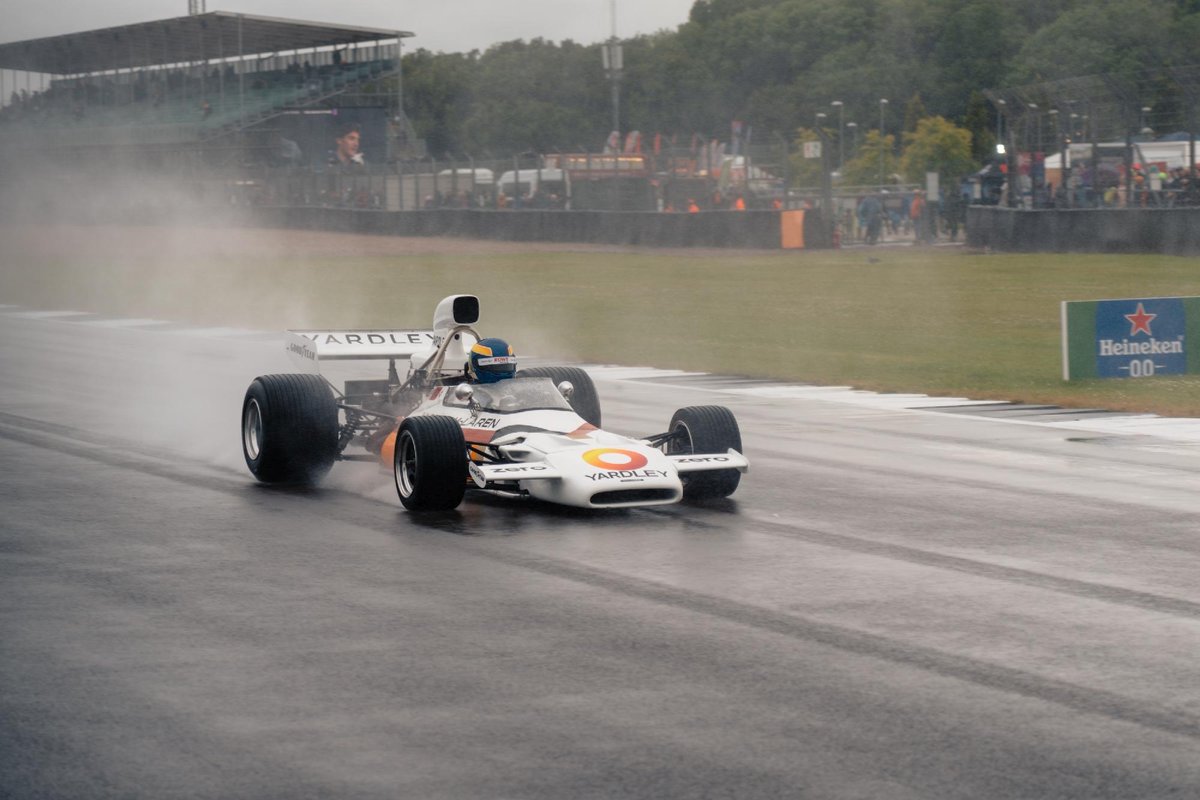
HOW SYNTHETIC FUEL IS PUSHING BOUNDARIES
When I left Formula 1 in 2019, I still had plenty of interest in doing more things. It felt like the right time so together with Nilay Shah, professor of engineering at Imperial College, we converted Zero into a real idea that has grown into a thriving company of 53 employees so far.
Although I’m happy to see racing series increasingly adopting sustainable fuels, I truly believe we’re pioneering the end game with synthetic fuels. It’s a tremendously exciting project and a testament to that is we’ve managed to attract some young engineers from leading F1 teams to join our adventure of moving from fossil fuels to synthetic fuels.
The essential point of a synthetic fuel is that you’re reversing the process of combustion by using fully renewable energy. We’re taking carbon dioxide and water from the air, then reconstituting those into a hydrocarbon, which would be like a normal fuel.
We build hydrocarbons from scratch. Water is oxidised hydrogen and carbon dioxide is oxidised carbon. By reconstituting it, we strip the oxygens and make a hydrocarbon; there is literally no limit on how much you can make.
Currently, we’re making fuel at our plant in Bicester at what we call an engineering scale; that means quantities for testing, evaluation and certification. It’s not a commercially viable scale in terms of selling fuel for people to use in regular mobility. The next scale will be commercial. Current price points are four times that of normal fuel, but I predict within 10 years we’ll be down at fossil fuel costs and beyond that even cheaper.
The performance of Zero fuel is better when compared to fossil fuels. Our fuel is known as 100% drop-in, a complete replica of fossil fuel from the necessary chemistry. But what it doesn’t have is the unnecessary chemistry; things like sulphur and other contaminants that exist in fossil fuels. It’s a very pure fuel and burns more cleanly.
Zero has entered into a partnership with the Sauber F1 team, although it does not supply any product currently
Photo by: Andy Hone / Motorsport Images
Motor fuel across the UK and Europe is blended with ethanol in an attempt to improve sustainability. This is bioethanol grown from crops. The power from the fuel is less, because ethanol is less energy-dense material than gasoline, so a blended fuel results in less power and mileage-per-litre than you used to have with 100% gasoline. We won’t need to blend with ethanol because it’s a renewable fuel that is 100% fossil-free, which bioethanol isn’t.
We’re moving now to commercial production, which will scale from small to medium to large over the next years. We haven’t got to that stage of performance analysis on a particular vehicle, but that will come in the next phase.
The closest we’ve got to that is in aviation. We secured the Guinness World Record in 2021 for the first aircraft powered by synthetic fuel with a plane flown by an RAF test pilot. We are focused on all three fuels – gasoline, jet fuel and diesel, and something unique about our technology is we can make all three.
I’m not a great supporter of part-solutions. The way to win in F1 is pursuing absolute maximums and not providing a series of stopgaps that get lashed together
Motorsport is a very attractive destination, and we want to see synthetic fuel used there in two to three years. We’ve partnered with Stake F1 Team Kick Sauber to raise awareness of the industry and advance the progress of synthetic fuels in motorsport; there’s no better platform than F1 to communicate globally.
We’re already talking to stakeholders about fuels and contributions for those fuels for 2026. F1 is where we hope to land, most likely in a partnership, as we don’t pretend to have the scale and funding of a large multi-national. We’ll take one step at a time.
PLUS: The new fuel war raging as F1's 2026 overhaul arrives
I’m not a great supporter of part-solutions. The way to win in F1 is pursuing absolute maximums and not providing a series of stopgaps that get lashed together. I prefer 100% solutions, which is why we’ve developed technologies that are absolute in their delivery of fossil-free performance.
Drop-in fuel was recently demonstrated in a McLaren M19 at the British Grand Prix
Photo by: Zero
2024-07-23T09:37:12Z dg43tfdfdgfd